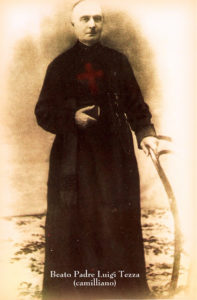 It is difficult to understand Fr. Luigi Tezza immediately. When understood, he is loved, he is followed.
It is difficult to understand Fr. Luigi Tezza immediately. When understood, he is loved, he is followed.
This is why it is better to outline in a summarising fashion his human, priestly and apostolic profile, and then go back to following him, step by step, beginning with his family – his father and his mother, then going on to the family that he chose in order to live his ideal of consecration to God; drawing near to the religious family that was born from a heart that was inflamed with love for men, the living and suffering images of God; drawing near to the populations of France that he himself drew near to as a religious and as a pastor of souls and to the populations of Peru whom he edified and placed on a good pathway.
When we think of him the question we pose to ourselves comes naturally: why was Fr. Tezza always wanted, always sought after? Why? Affable, good, full of understanding, sober in speech and rich in his inner life, he knew how to give to each person what was needed; he knew how to win people’s trust, to restore lost serenity, to bring suffering people to accept the Cross, to bring the undecided to courageous decisions, and he always did this with great tact and with great goodness. Indeed, to such an extent that he was compared by his contemporaries to St. Francis of Sales. When we examine and look at the whole of his life with discernment, at a certain moment we find him accused. He was doubted. Why? And yet he was the very good, very approachable Father, always ready to meet requests. I believe that we can find an adequate answer to this question when we consider the period of his childhood and the strong spiritual charge that he possessed. When Fr. Tezza was understood, he drew, when he was alive, and he still draws, even when dead, people to the pathway of imitation.
Fr. Tezza, the man of YES, was generous, complete and total when faced with what – as demonstrated to him by his Superiors – he adjudged expressions of the will of God.
This YES was always spoken readily and generously even when it was a matter of doing violence to himself, of compressing what were his intimate and deep thoughts and the most secret aspirations that he had cultivated for a long time. He did not always manage, immediately, to understand what the will of God was. But he always wanted to understand the designs of God and he always knew, with heroic self-giving, how to accept them. The designs of God! Faced with these he ceased completely to want to know and to ask why; God alone was the subject of his searching and only God was to be the true figure of triumph as regards souls and in works. He knew how to see himself as an instrument. An instrument that was always inadequate. But he constantly wanted to be a meek and ready instrument.
He was also a man of action. I would like to say: he was unsated and insatiable in action.
He began when he was very young to pass through and hold all the most demanding positions entrusted to him by the Order. It was specifically for this reason that he was a man who generated energy, who generated works that were known about and not known about, not least because through the confessional he knew how to develop decisions that were known only to God: only some of them were revealed to the people concerned.
The Servant of God Mother Giuseppina Vannini is one of those who spoke about and explained the origins and the birth of the Congregation of the Daughters of St. Camillus.
He was the man who understood the spirituality of St. Camillus which is a spirituality of self-giving, without holding back, to Christ and our brethren, and which, when lived as a commitment of consecration, leads to holiness.
He was a man who made available to the Order what was asked of religious in Perfectae caritatis: ‘Religious, therefore, in the spirit of faith and love for the divine will should humbly obey their superiors according to their rules and constitutions. Realizing that they are contributing to building up the body of Christ according to God’s plan’.
It was this spirit of faithfulness that led him at a difficult moment to exclaim: ‘I am a Camillian first, and then a Camillian missionary’.



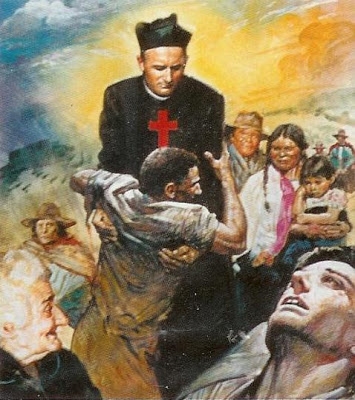
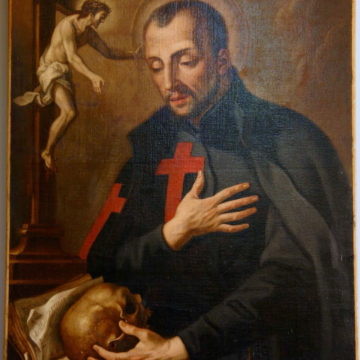

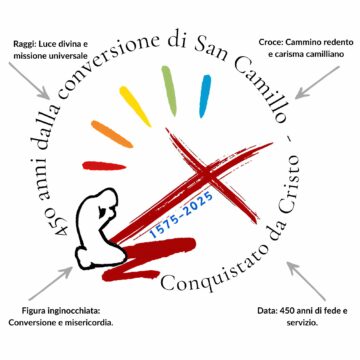




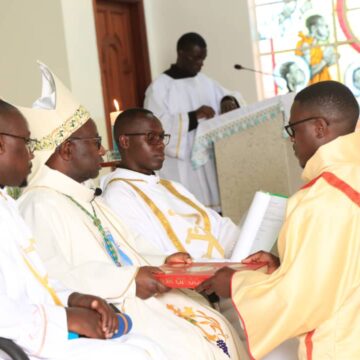
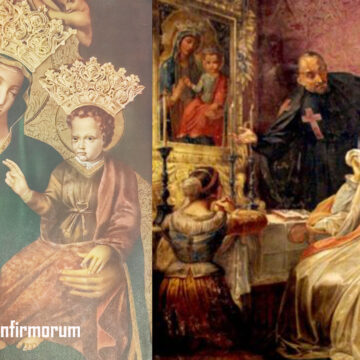
Camillians on Facebook
Camillians on Twitter
Camillians on Instagram